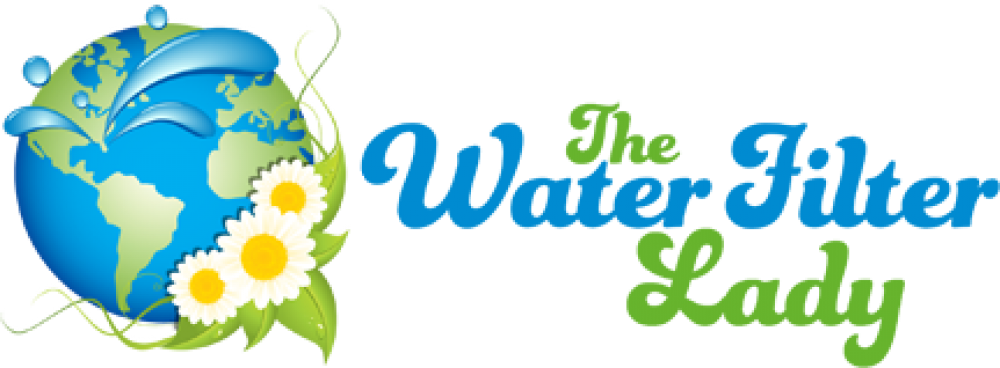I recently stumbled across an article created by our friends at the highly controversial International Bottled Water Association (IBWA) encouraging consumers to increase consumption of bottled water in 2012. Essentially encouraging consumers to create a New Year’s resolution to drink more bottled water.
I read the article and immediately chuckled.
The article, entitled “5 Reasons to Make Bottled Water Part of Your Healthy Lifestyle in 2012″, makes bold, unsubstantiated claims that are far beyond the truth of what bottled water truly is. The IBWA wants consumers to think bottled water is some magical substance, when in reality we’ve seen time and time again that bottled water is not a healthy, sustainable solution for hydration.

True to our mission here at Ban the Bottle, I thought it fitting to address each of their 5 statements with 5 reasons why we should not be drinking bottled water.
1. IBWA claims bottled water is safe and convenient. Ironically, the bottled water industry is less regulated than plain old tap water.
The Federal Food and Drug Administration (FDA) regulates bottled drinking water, which is classified as a “food”. The Environmental Protection Agency (EPA) regulates tap water. Amazingly, the EPA guidelines for municipal water are stricter than the FDA restrictions for bottled drinking water! You might buy bottled drinking water that is acceptable to the FDA but is not acceptable for use as ordinary bathroom tap water.
Is bottled water truly safer than tap water? The most recent tests by the National Resources Defense Council tested 103 bottled waters and showed the following:
- Nearly one in five tested waters contained, in at least one sample, more bacteria than allowed under microbiological-purity “guidelines”
- Four waters (4 percent) violated the generally weak federal bottled water standards (two for excessive fluoride and two for excessive coliform bacteria
- In eight cases arsenic was found in at least one test at a level of potential health concern.*
There is no assurance that bottled water is any safer than tap water.
Drinking tap water more convenient than using bottled water. Consumers have a plethora of reusable water bottles they can purchase and tote throughout the day, helping to reduce bottled water waste. Additionally, the ability to stay hydrated in public places is becoming easier with the advent of hydration station units and drinking water fountains.
* http://www.businessinsider.com/facts-bottled-water-industry-2011-10?op=1#ixzz1j5yysSru
2. IBWA claims bottled water tastes better, but blind taste tests prove otherwise.
In taste tests, tap water consistently ranks at or above the level of bottled water. From Story of Stuff:
In a blind tasting, The Times Dining staff sampled nine still waters: New York tap; Biota, a new Colorado spring water in a biodegradable bottle; Poland Spring from Maine; Aquafina, from Pepsi, the country’s best seller; Dasani, from Coca-Cola; Saratoga, a natural mineral water from upstate New York; Smartwater, “vapor-distilled and electrolyte-enhanced”; Fiji, artesian water from the South Pacific (artesian water comes from a deep underground source, such as an aquifer, that has no contact with surface air); and Penta, an “ultrapremium” water. None was universally disliked.
“We found that we were able to distinguish among two main types of water,” says the New York Times report. Natural spring, mineral and artesian waters, which have “a velvety feel across the tongue and a slightly flatter flavor,” and “purified waters, including tap water.”
If you live in an area where tap water doesn’t taste so great, consider using a point-of-use pitcher with a carbon-based filter. These products are super cheap and offer fresh-tasting water on the go.
3. IBWA recommends bottled water instead of sugary or caffeinated drinks – why not save money and drink tap water instead?
In California, tap water costs around one tenth of a cent per gallon, while bottled water is 0.90 cents a gallon. That makes tap water 560 times less expensive than bottled water.
I agree that water is a great choice instead of soda or caffeine, however, bottled water is not the solution.
4. IBWA recommends choosing bottled water for its ability to multi-task – a reusable bottle can accomplish far more than a plastic bottle of water.
The IBWA points out that you can use plastic bottled water as weights while running. This is not very compelling. I’d love to see the IBWA describe to consumers the work and energy that goes into the manufacture of these so-called multi-task bottles.
For example:
The production of water bottles uses 17 million barrels of oil a year, and it takes three times the water to make the bottle as it does to fill it.
For a product that claims to be environmentally responsible, the bottled water industry does more than its fair share of planet trashing. The amount of oil used to make a year’s worth of bottles could fill one million cars for a year, and more water is used in making the bottle than filling it.*
* http://www.businessinsider.com/facts-bottled-water-industry-2011-10?op=1#ixzz1j6GU3aIN
5. IBWA claims bottled water is the healthiest choice, when in reality bottled water is less regulated than tap water.
Tap water — which is EPA regulated — undergoes testing for e. coli, is required to provide its source and produce quality reports.
Bottled water, on the other hand, doesn’t have to meet any of those standardsto be distributed.Additionally, the Food and Drug Administration regulates bottled water and its standards pale in comparison to the EPA’s for the tap. A few examples of this include: less frequent bacteria testing, no mandatory reports of violations to federal officials, and no filtration or disinfection requirements on the federal level (while many states have no meaningful programs of their own).
* http://www.businessinsider.com/facts-bottled-water-industry-2011-10?op=1#ixzz1j6HosrsL
Source: http://www.banthebottle.net/

